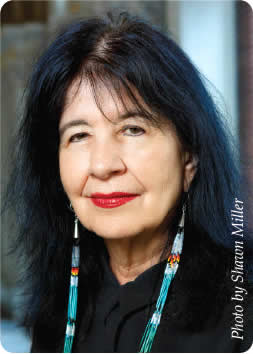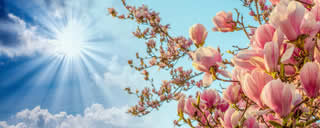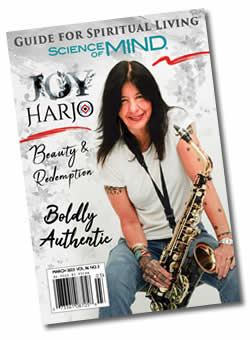 |
|
||
 |
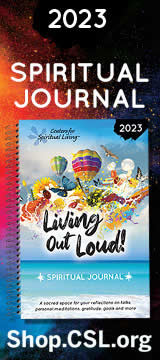 ...more |
 |
 ...more |
 |
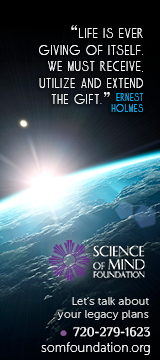 ...more |
 |
All Connected in Unbridled Potential
There is only love. The line, which sits like a ceremonial blessing at the beginning of Joy Harjo's latest book — “Conflict Resolution for Holy Beings” — reflects a sentiment echoed throughout her work. How, in a time of so much heartache and injustice, can we experience the complexities of what it means to be human while embodying the deeper spiritual truths that course beneath the surface? That is the real question her poems seek to answer as she explores the familiar shape of everything that has been normalized — war, distrust, disconnection from the natural world and a sense of separation from one another. They call us deeper into a remembrance of our own sacredness, the hybridity of their structure mirroring the paradoxical nature of what it means to be one part human and one part Divine. “Everything is always changing,” Harjo says. “If it becomes static, it no longer has life. There is a continuum that can be found in our arts, in poetry — a kind of vision that affirms that no matter what happens, we will sing, speak, paint it. Our art is a kind of road or ladder into the next world.” As a poet, Harjo views a changing society as an opportunity to explore new ideas. “I have felt the explosion of the civil rights movement in this country and have been challenged by the shock waves of human rights struggles all over the world. I've been especially involved in the struggles of my Indian people to maintain a place and a culture in this precarious age. My poetry has everything to do with this.” She writes, “Here is a living, breathing Earth to which we're all connected. Here is unbridled potential for the poetic — in everything, even in ourselves. In that fact is beauty, and perhaps redemption. All memory bends to fit. “We all become poems.” —Read the full story by Sara Awad in the March 2023 Science of Mind magazine. |
||||||||||
Our Ode to Spring
We hope readers enjoy William Wordsworth’s iconic poem as we await the coming of spring. (This poem is in the public domain.) I Wandered Lonely as a Cloud
|
||||||||||
I wandered lonely as a cloud Continuous as the stars that shine The waves beside them danced; but they For oft, when on my couch I lie |
Tend to Your Inner Garden
By Ernest Holmes
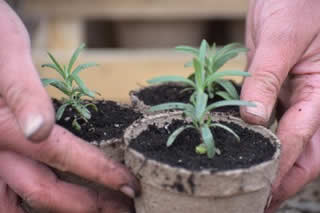
For those of us who elevate our self-belief and move throughout our inner world with courage, we will see that the new ideas and thoughts that surface propel us into abundant realms within.
We all experience intuitive flashes of insight that call us toward our passions and gifts. Those gentle tugs of our spirit encourage us to continue this cultivation of being the authentic one we are here to be.
Throughout the history of the universe, there has been only one someone like you. You are here to be you. With this awareness, we firmly understand that the greatest version of you and me is not something outside of us but something that has been awaiting our discovery within.
Tend to your inner garden and bring about your greatness.
—Excerpted from the March 2023 Science of Mind magazine.
| Inside March’s Science of Mind Magazine . . . |
||||||
Subscribe today CLICK HERE |
||||||
|
||||||
 |
 |
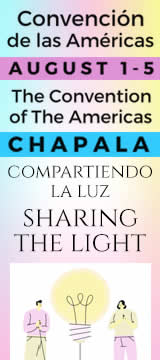 ...more |
 |
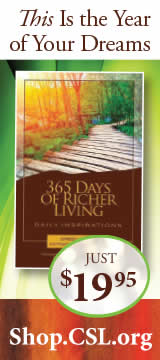 ...more |
 |
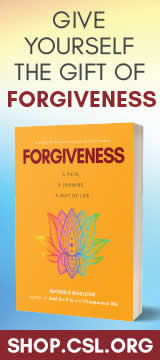 ...more |
 |

